Uncategorized
-
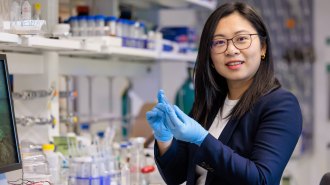 Materials Science
Materials ScienceA materials scientist seeks to extract lithium from untapped sources
Lithium is an essential ingredient for batteries in electric vehicles but getting enough will become a problem.
By Anna Gibbs -
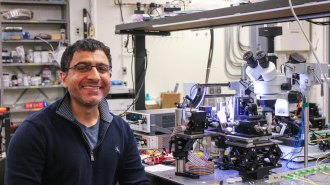 Computing
ComputingThis engineer’s light-based computers take inspiration from the brain
Physicist and engineer Bhavin Shastri is working to create the first photonic computer modeled after the human brain.
By Claire Yuan -
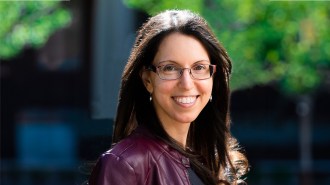 Quantum Physics
Quantum PhysicsWhy this physicist is bringing thermodynamics to the quantum age
Like a steampunk fantasy-world, which pairs high-tech with an old-timey setting, Nicole Yunger Halpern melds old and new science.
-
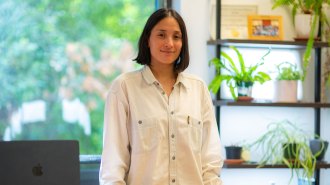 Neuroscience
NeuroscienceA cell biologist is investigating the balance of brain flexibility, stability
Andrea Gomez, a Berkeley molecular and cell biologist, applies her wide-ranging curiosity to brains’ mysteries ranging from synapses to psychedelics.
-
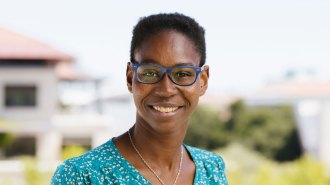 Life
LifeThis biophysicist’s work could one day let doctors control immune cells
The Stanford biophysicist thinks that understanding the mechanics of cell movement could allow scientists to manipulate immune cells.
By Meghan Rosen -
 Science & Society
Science & SocietyThis researcher studies how misinformation seeps into science and politics
The world is awash in information. Communications researcher Yotam Ophir digs into news articles and survey results to show how beliefs form and spread.
By Sujata Gupta -
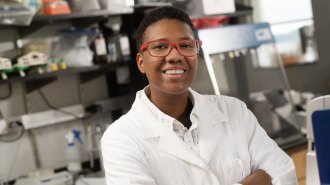 Health & Medicine
Health & MedicineHIV and illicit drugs are a bad mix. This scientist found an unexpected reason why
The neuroscientist considers themself an outsider, which allows them to embrace people who have been marginalized, including people who have HIV.
-
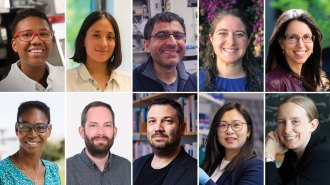 Science & Society
Science & Society10 early-career scientists tackling some of the biggest problems of today
For the ninth year, Science News honors researchers in its SN 10: Scientists to Watch list.
-
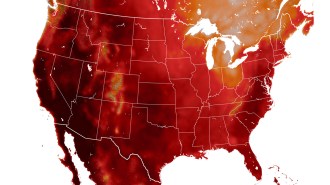 Climate
ClimateClimate change could double U.S. temperature-linked deaths by mid-century
Each year, roughly 8,000 deaths in the United States are associated with extreme temperatures. And as temperatures rise, this number could swell.
-
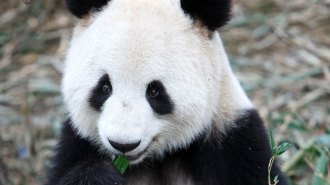 Animals
AnimalsScientists have just turned giant panda skin cells into stem cells
If the pluripotent stem cells can be turned into precursors to egg and sperm cells, the feat could potentially be a big deal for giant panda conservation.
By Jason Bittel -
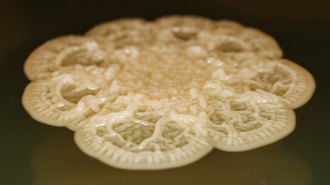 Microbes
MicrobesSome bacteria in your mouth can divide into as many as 14 cells at once
The filamentous bacterium Corynebacterium matruchotii has a unique reproductive strategy that might allow it to claim territory quickly.
-
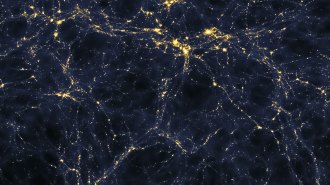 Particle Physics
Particle PhysicsA neutrino mass mismatch could shake cosmology’s foundations
Cosmological data suggest unexpected masses for neutrinos, including the possibility of zero or negative mass.